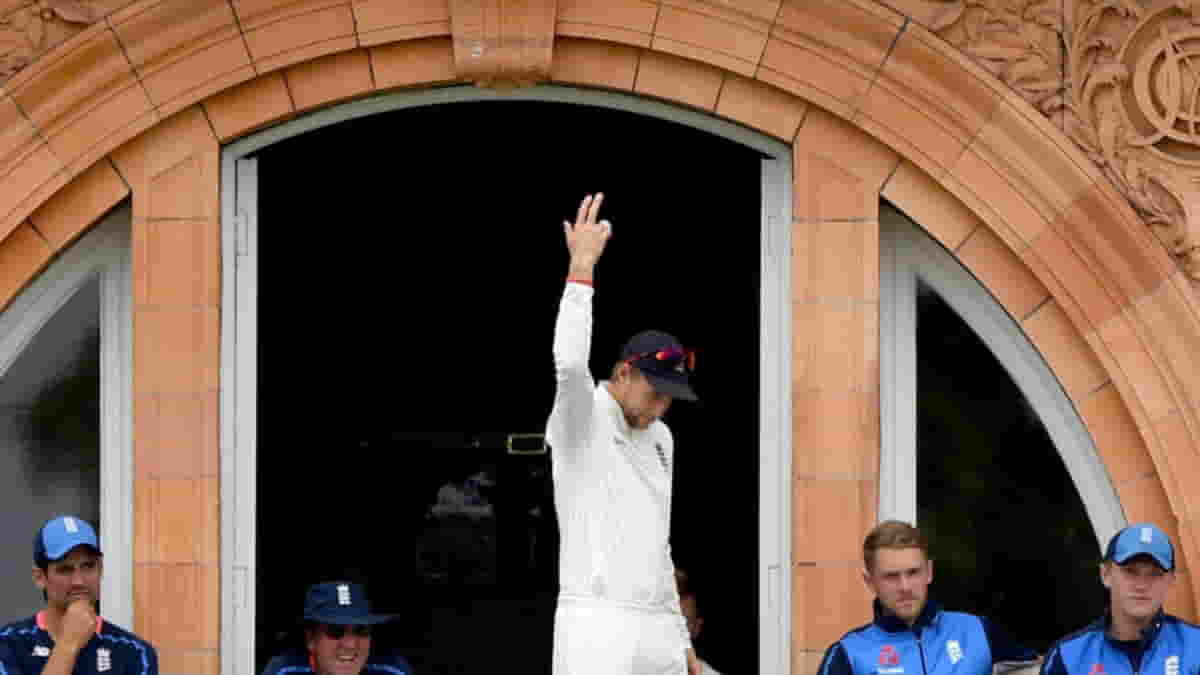 Source: lords.org
Source: lords.org
Cricket, which is frequently referred to as a gentleman’s game, is renowned for its subtle strategic distinctions and compelling moments. One such tactical move is the declaration, in which a team voluntarily terminates their inning before the allotted number of overs in order to predetermine the outcome. The idea of declarations in cricket, their importance, and the well-known incident of Rahul Dravid’s declaration when Sachin Tendulkar was perilously near to a double century will all be covered in this article.
What is a Declaration in Cricket?
A declaration in cricket refers to a strategic choice made by the captain of the batting team to terminate their innings before all of their allotted overs have been bowled. By making this choice, the team effectively forfeits its chance to score extra runs, allowing the other team to bat and attempt to catch up to the target in the remaining minutes of the game.
Setting up a scenario where the captain thinks they can win the game is the main goal of a declaration. When the batting team has a sizable lead over the opposition and the captain feels they have enough runs on the board to put pressure on the opposing team’s batting lineup, declarations are frequently made.
Reasons for Making a Declaration
There are a variety of reasons a captain might decide to declare. To bowl out the opposition and gain a victory, one of the key goals is to make the most of the time available. By making an early declaration, the captain hopes to give the opposition team a difficult target and enough time to get rid of their batsmen.
A game that appears to be destined for a draw might be made exciting by declaring early. The captain can make a bold declaration to breathe new energy into the game if both teams are battling to force a result. As the opposition has the chance to pursue the goal, this choice could lead to a spectacular conclusion and an intense finish.
Additionally, declarations can be carefully employed to maintain the team’s physical and emotional vitality. Players in multi-day games may get worn out after spending a lot of time on the pitch. By making the declaration, the captain gives their bowlers time to recover, refocus, and come back ready to exert pressure on the opposition.
Dravid’s Declaration and Sachin’s 194
The India vs. Pakistan Test match at Multan in 2004 included one of the most memorable declarations in cricket history. Thanks to Sachin Tendulkar’s magnificent batting, India, led the first innings by a sizable margin under Rahul Dravid’s captaincy. Dravid’s bold choice to declare when Sachin, one of the greatest batters of all time, was perilously close to reaching a double century.
On the third day of the game, India’s score was 675 for five, and Sachin Tendulkar was batting on an undefeated 194. The stage was set for Sachin to hit 200 runs in a Test innings. To the surprise of both experts and fans, Dravid declared the innings after realising the significance of the game’s outcome.
Dravid’s declaration showcased his sharp cricketing judgement. Despite Sachin being close to achieving a personal milestone, Dravid put the team’s standing in the game first. The Indian bowlers had plenty of time to eliminate their rivals because Pakistan needed to score 420 runs to win. Dravid’s choice was an indication of his faith in the bowling attack, which featured bowlers like Anil Kumble and Harbhajan Singh.
India went on to win the match by an innings and 52 runs, demonstrating the strategic genius of the declaration. Despite falling short of a well-deserved double century, Sachin’s performance set the stage for the team’s triumph. Dravid’s statement demonstrated his selflessness as a captain and his dedication to the success of the team over individual accomplishments.
Conclusion
In cricket, declaring is a tactical decision that increases excitement and tactical complexity. Declarations are made by captains to help their team win, keep a game alive, or conserve resources. As evidence of his leadership abilities and team-first attitude, Rahul Dravid’s declaration in the Test match against Pakistan that denied Sachin Tendulkar a double century is forever inscribed in cricket history. Cricket’s use of declarations is still exciting because it gives leaders a chance to change the result of a match by making audacious choices.
Also Read: Does India Need To Look Away From 3 Format Players?
“Get more breaking news, cricket updates, fixtures, and trending news only on cricfiles.com. Follow us on Facebook or Twitter and Subscribe to our YouTube Channel today.”




